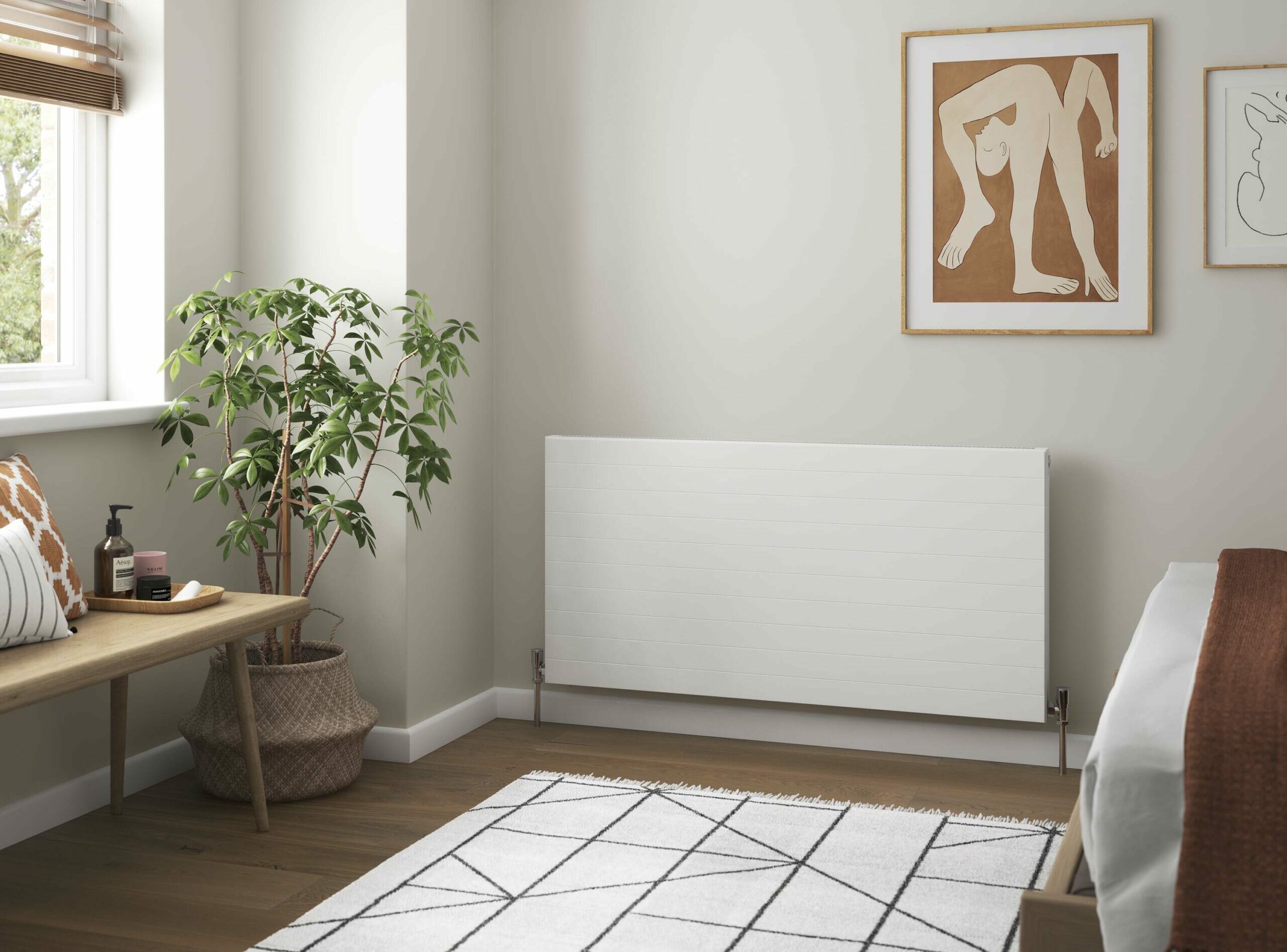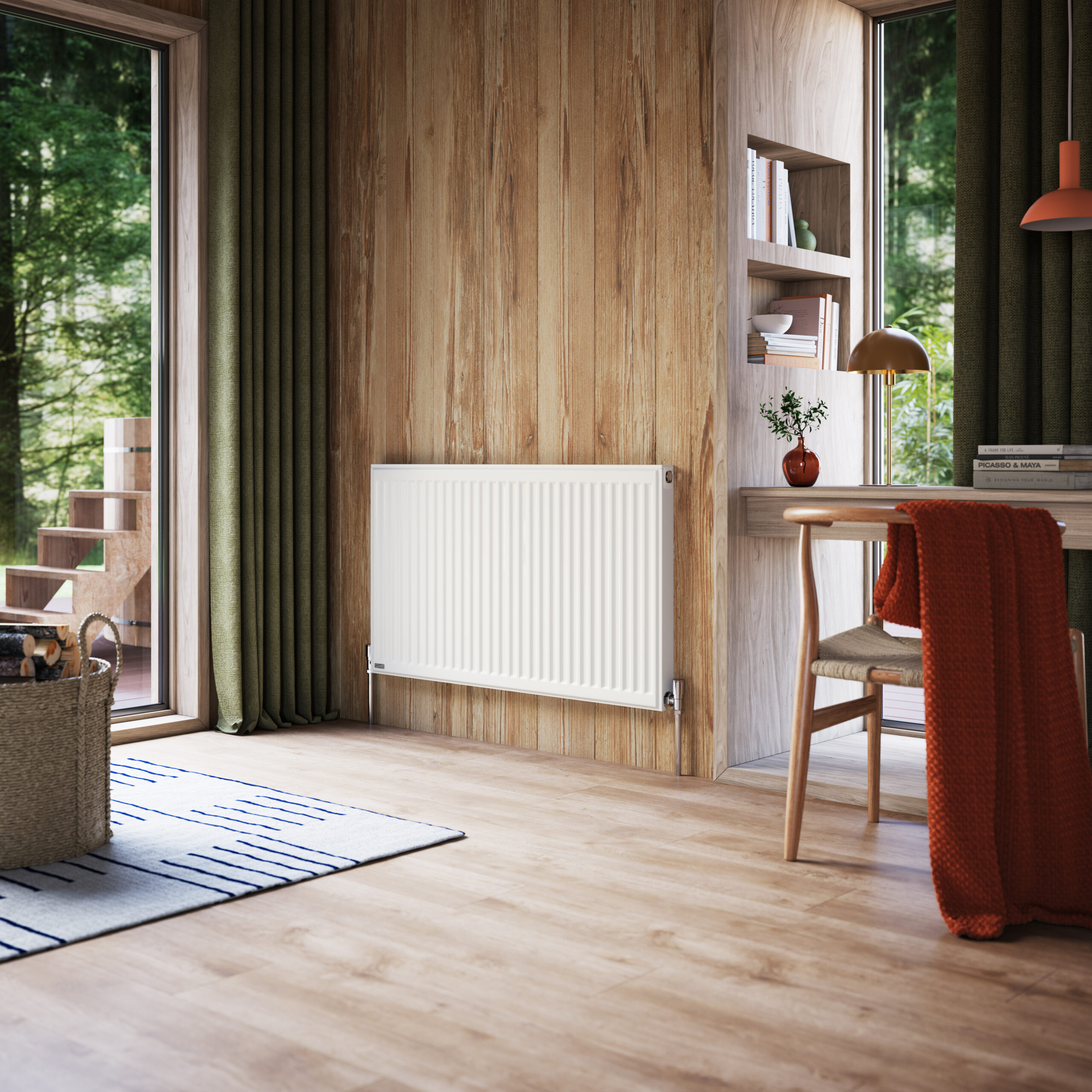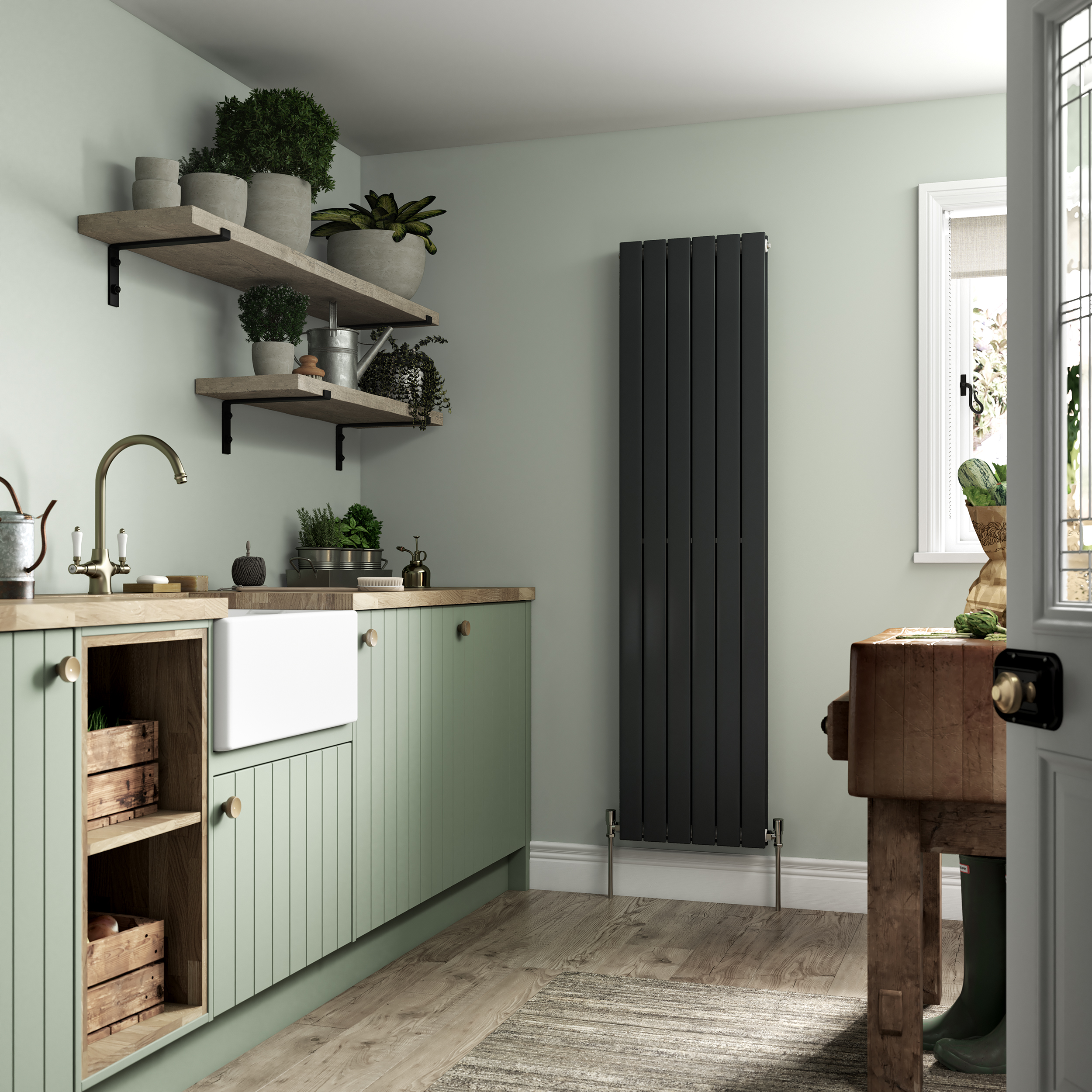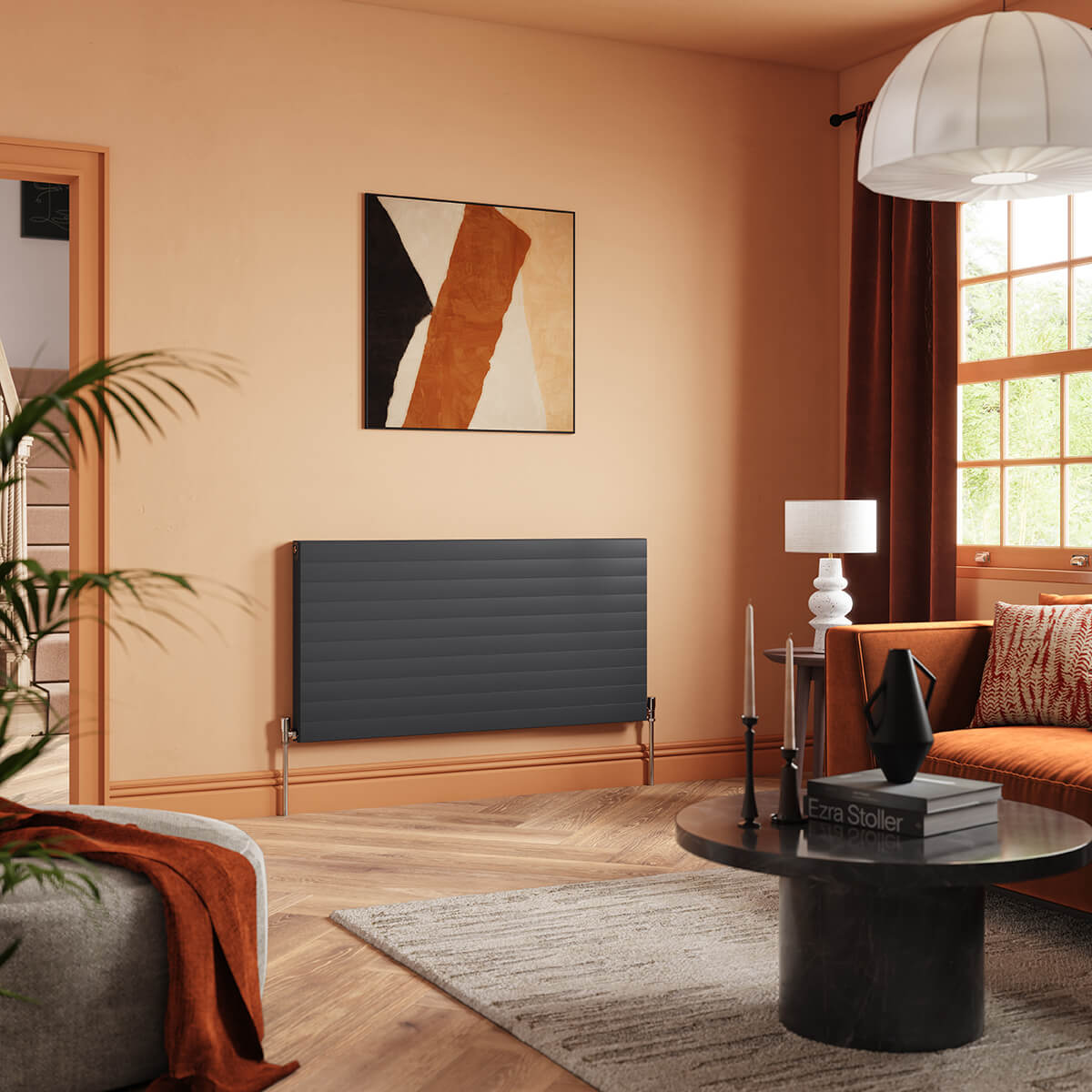As energy prices climb across the UK, many homeowners are left feeling the pressure to cut down on rising heating bills. While insulation, smart meters, and modern boilers often take centre stage in discussions around energy savings, one crucial area remains surprisingly under-addressed: radiators.
Despite playing a central role in every home heating system, radiators are frequently overlooked when you upgrade your home heating system. Yet, swapping out outdated radiators for modern alternatives can have a measurable impact. Choosing an energy-efficient radiator replacement not only improves the way heat is distributed throughout your home but also contributes directly to reducing your energy consumption.
In an era where smarter, more efficient solutions are no longer optional but necessary, evaluating your radiator setup could be the most effective first step to reduce your heating bills and future-proof your home.
Why Radiators Affect Energy Bills
Radiators are the final stop in your heating system’s journey, responsible for converting hot water from your boiler into warmth you can feel. But not all radiators are created equal, especially older models, which often operate well below modern efficiency standards. Over time, radiators can accumulate internal build-up, corrode, or suffer from degraded seals and joints, all of which diminish their ability to emit heat effectively. This results in radiators taking significantly longer to warm up, forcing your boiler to work harder and run for longer periods.
Not only that, but older radiators tend to distribute heat unevenly, leaving some areas of the room chilly while others become uncomfortably warm. In many cases, heat loss through poorly insulated or corroded radiators goes unnoticed, yet it silently inflates your monthly heating costs. Keeping these inefficient units in operation may seem like a cost-saving decision in the short term, but the hidden expenses they generate; through wasted energy and uneven performance, quickly outweigh the cost of investing in a modern radiator replacement.
What Makes a Radiator Energy Efficient?
Energy-efficient radiators integrate several key features that work together to reduce energy waste and maximise heat output. One of the most impactful additions to modern radiator designs is the thermostatic radiator valve. These smart valves allow users to control the temperature of each radiator individually, which means you can fine-tune the heat in each room depending on its use, occupancy, or time of day. This targeted control minimises unnecessary heating and leads directly to energy savings.
The materials used in contemporary radiators also make a significant difference. Aluminium, for example, has excellent thermal conductivity, which means it heats up and cools down faster than traditional steel, allowing for quicker warmth and less residual heat loss. Meanwhile, compact and convection-enhanced designs improve airflow across the surface of the radiator, speeding up the time it takes to heat a room. In more advanced models, smart radiator technology enables remote scheduling, zoning, and integration with home automation systems, further reducing energy use by providing responsive, data-driven temperature management.
These innovations all contribute to the overall effectiveness of an energy-efficient radiator replacement, and their combined benefits are central to the appeal of upgrading your home heating system.
Signs Your Current Radiator Is Wasting Energy
Not all signs of inefficiency are immediately obvious, but there are some clear indicators that your existing radiators could be costing you more than they should. One of the most common issues is the presence of cold spots on the radiator surface, often caused by trapped air or internal sludge build-up, both of which reduce heat output. If your radiator takes an unusually long time to warm up or never seems to reach the desired temperature, that’s a strong sign it’s not functioning efficiently.
Another red flag is the need to keep your thermostat at a consistently high setting to feel warm. This often signals that the radiators aren’t transferring heat effectively, leading your boiler to overcompensate. You might also notice inconsistent room temperatures throughout your home, where some areas feel cosy while others remain cold. This uneven performance not only affects comfort but also indicates systemic inefficiencies.
Lastly, if you’ve noticed your energy bills creeping up despite making a conscious effort to limit usage, your old radiators could be the reason. Each of these signs suggests it may be time to upgrade your home heating system with efficiency in mind.
How Energy-Efficient Radiator Replacements Help Reduce Your Heating Bills
Replacing outdated radiators with modern, energy-efficient alternatives can significantly reduce your heating bills. New radiators are designed to heat up more quickly, which reduces the workload on your boiler and shortens the time it needs to operate. This immediate efficiency saves energy and prolongs the lifespan of your central heating system. With thermostatic radiator valves or smart control systems in place, you can achieve much more precise temperature regulation throughout your home, ensuring you’re only heating the spaces you’re actively using. This level of control is essential for avoiding the common problem of overheating unoccupied rooms.
Many modern radiator benefits also come from improved heat retention. Better materials and internal design ensure that heat stays within your living space longer, meaning less energy is required to maintain a comfortable environment. The result is not just a warmer home, but one that consumes less energy and places less strain on your monthly budget.
Choosing the Right Energy-Efficient Radiator Replacement
When choosing to upgrade your home heating system with an energy-efficient radiator replacement, it’s essential to consider the specifics of your home to get the best results. The size of the room plays a major role, too small a radiator won’t provide adequate warmth, while an overly large one may waste energy. It’s also important to ensure that your new radiator is compatible with your existing heating system, especially if you’re not planning a full system overhaul.
Style and material preferences come into play as well, with aluminium and steel being two of the most popular choices due to their efficient thermal properties. Modern radiators now come in a range of shapes, finishes, and configurations, making it easy to find one that blends with your interior décor while still offering performance. Look for models with recognised energy efficiency certifications to ensure quality and reliability.
Ultimately, when you upgrade your home heating system with an energy-efficient radiator replacement it allows you to enjoy a warmer, more comfortable living space while reaping the modern radiator benefits of lower energy use and reduced heating bills. Explore our full range of energy-efficient radiators today and take the first step toward smarter, more efficient home heating. Need some guidance choosing the best high-performance radiator for your space? Get in contact with our experts at Stelrad and we’ll be happy to guide you to the best energy-efficient radiator replacement.
 Next Working Day Delivery£18 For Next Working Day Delivery On All Products*When ordered before 2pm.*T&Cs apply
Next Working Day Delivery£18 For Next Working Day Delivery On All Products*When ordered before 2pm.*T&Cs apply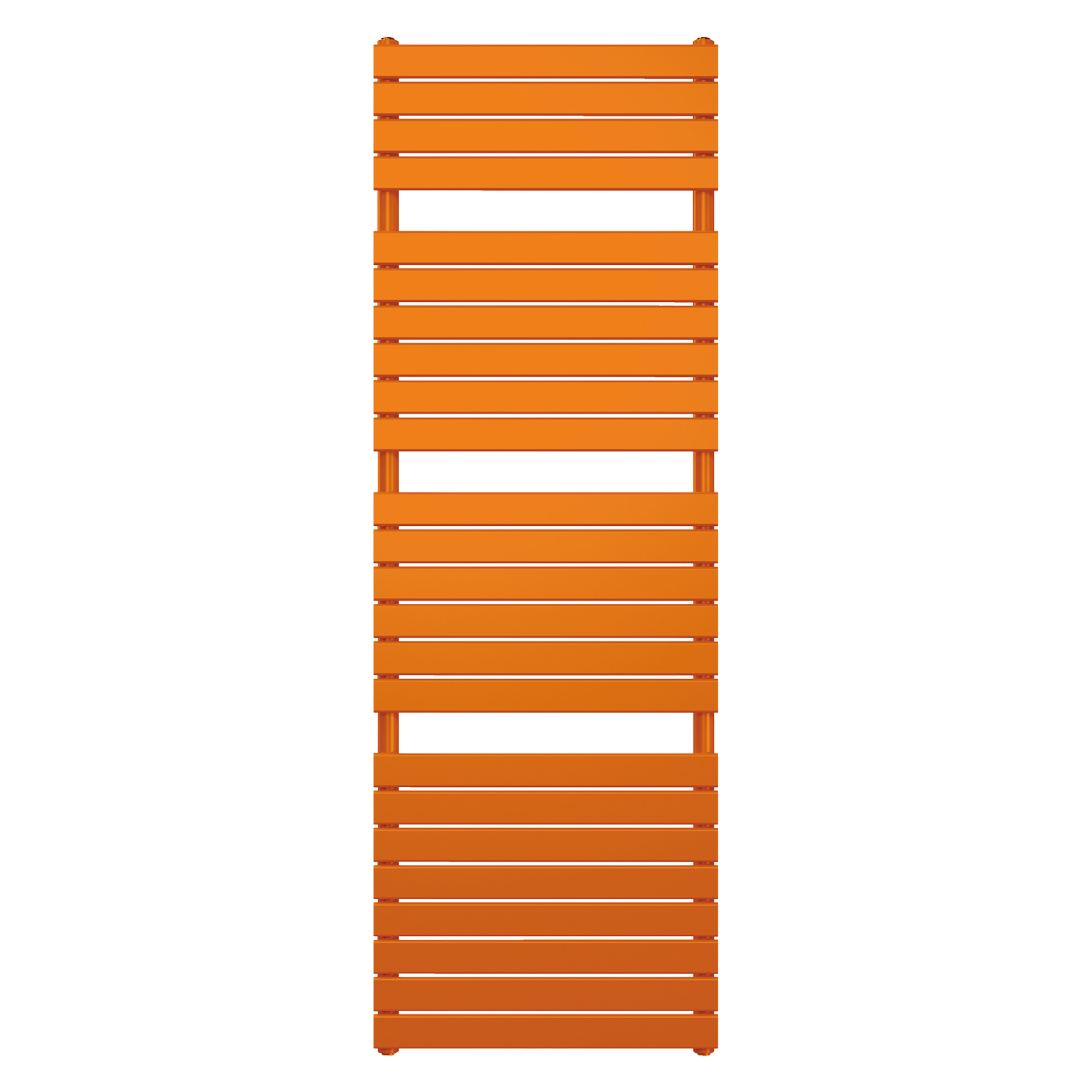 HOME SERIESConcord Rail Coloured
HOME SERIESConcord Rail Coloured
